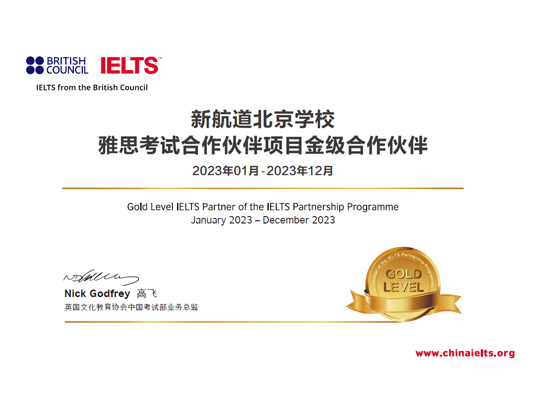当前位置:首页 > 雅思频道 > 雅思写作 > 雅思写作知识点(第230期)
发布时间:2024-03-14 关键词:雅思写作
摘要:In some countries, an increasing number of parents choose to educate their children at home instead of sending them to school.
In some countries, an increasing number of parents choose to educate their children at home instead of sending them to school.
Do you think the advantages of home education outweigh the disadvantages?
【句子示例】
Homeschooling families may face challenges in accessing resources such as laboratories, specialized teachers, and extracurricular activities, which are typically available in conventional school settings.

【解析】
1. 内容维度(Task Response)
这个句子分析了不去学校,在家教育孩子的一种缺点:无法接触到一些传统校园能够提供的设施和服务。
2. 文脉逻辑维度(Coherence and Cohesion)
这个句子可以作为disadvantages部分的分析,在此之后写作者可以进一步解释后果。在缺点方面,写作者还可以考虑讨论人际交往方面存在的问题,比如在家学习有可能无法接触到很多同龄人。需要注意的是,题目的设问是“你是否认为好处大于坏处”,这种提问方式意味着好处部分也需要分析,比如在家学习能够让孩子获得更加个性化的学习内容。分析好坏之后,写作者需要最终得出自己的结论。
3. 词汇维度(Lexical Resource)
“challenge”是名词,表示“挑战”。
“access”是动词,表示“使用”。这个词语也可以当作名词使用,词组是“have access to”。
“extracurricular”是形容词,表示“课外的”。
“typically”是副词,表示“典型地;通常”。
“available”是形容词,表示“可用的,可获得的”。
“conventional”是形容词,表示“传统的”。
“setting”是名词,表示“环境”。
4. 语法和句型维度(Grammatical Range and Accuracy)
本句的主语是homeschooling families,谓语动词是may face,后面是宾语challenges,以及in引导的介宾短语说明哪些具体方面会存在困难。句子最后是一个which引导的非限制性定语从句。
新航道-用心用情用力做教育!
400-900-9767

